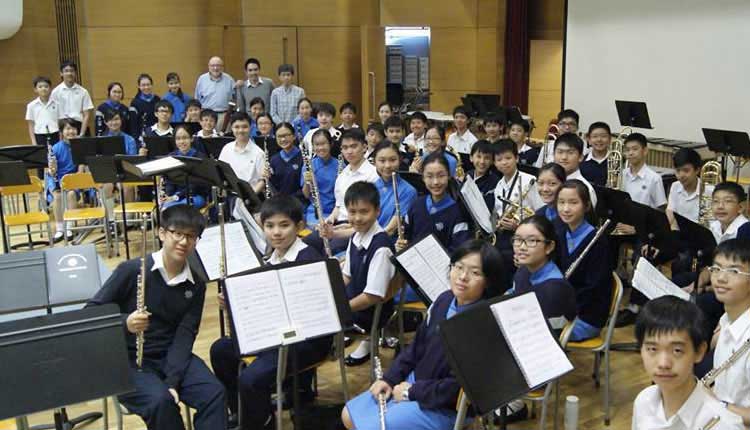The goals in performing can differ for many reasons
Having always been a fan of words-of-wisdom, notable quotes, inspirational road signs, etc., it is interesting to observe how our mind reframes this-or-that worthy-saying so it is applicable for our own set of circumstances; i.e. the inner voice asks, “What does this mean to my life, to my circumstances, about various challenges, relevant to my reason-to-be?” Because of the creative nature of MUSIC/ART, and certainly the recognizable missionary spirit of music educators, we can easily wrap our thoughts-and-feelings around so many bits-of-advice we read in everything from the local newspaper to the most serious research documents. These short insightful snapshots-of-understanding GIVE MEANING to what we do as it relates to our personal and professional journeys.
In a recent exchange a dear friend was kind enough to pass along this thought-provoking quote:
Nothing would be done at all if one waited until one could do it
so well that no one could find fault with it.
John Henry Newman
(1801-1890, British religious leader, prelate, writer)
Musicians/artists/performers, those who live in the world of creative outreach, often live at-the-mercy of the critic’s review. Concerts are evaluated by the response-of-the-audience; the outcome of the festival adjudication determines the perceived worthiness of the efforts-and-energies dedicated to the presentation. We have been conditioned to eagerly anticipate the standing ovation, the shouts of “Bravo!” the first place trophy, and other affirming extrinsic responses. This is not to say those aren’t wonderful byproduct benefits, however if the end-all is simply the “approval of others” rather than the joy derived from the process of music-making, we may have the proverbial cart-before-the-horse. To reconnect to Mr. Newman’s quotable quote, “If one waits until one could do it so well no one can find fault with it,” we may find ourselves always being hesitant to take-the-stage in fear of being judged as ill prepared, incapable, without discipline, and/or irresponsible in our musical quest. One can get trapped in the seemingly endless act of preparation and never experience the thrill of performance.
This is certainly not to suggest we sidestep the rigors of developing our rehearsal skills and talents (and those of our students) to the highest level of proficiency. Quite the contrary; in fact it increases the importance of the self-discipline required to connect the expressive musical language to the listener. Like any other “learned skill,” we become more proficient with each concert, with each recital, with each performance, and hopefully, the PERSONAL JOY of sharing music provides the drive and the motivation to develop the love of the art form.
There is an immeasurable thrill when listening to THE FIRST CONCERT being given by a fifth-grade ensemble. Perfect intonation? Artistic phrasing? Outstanding articulation? Certainly none of these, but it is all overshadowed by the spirit of the young musicians experiencing the pleasure of offering their best efforts to those who are fortunate enough to witness this once-in-a-lifetime debut. And if we didn’t schedule the concert and waited until every member of the group played flawlessly, I suspect the silence would be deafening.
…let the music begin…
The recipient of numerous awards, Lautzenheiser is the national spokesperson for MENC: The National Association for Music Education’s “Make a Difference with Music” program and directs Conn-Selmer Institute, the preeminent educational workshop in the music industry. For more information, visit www.csinstitute.org.



